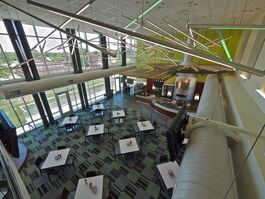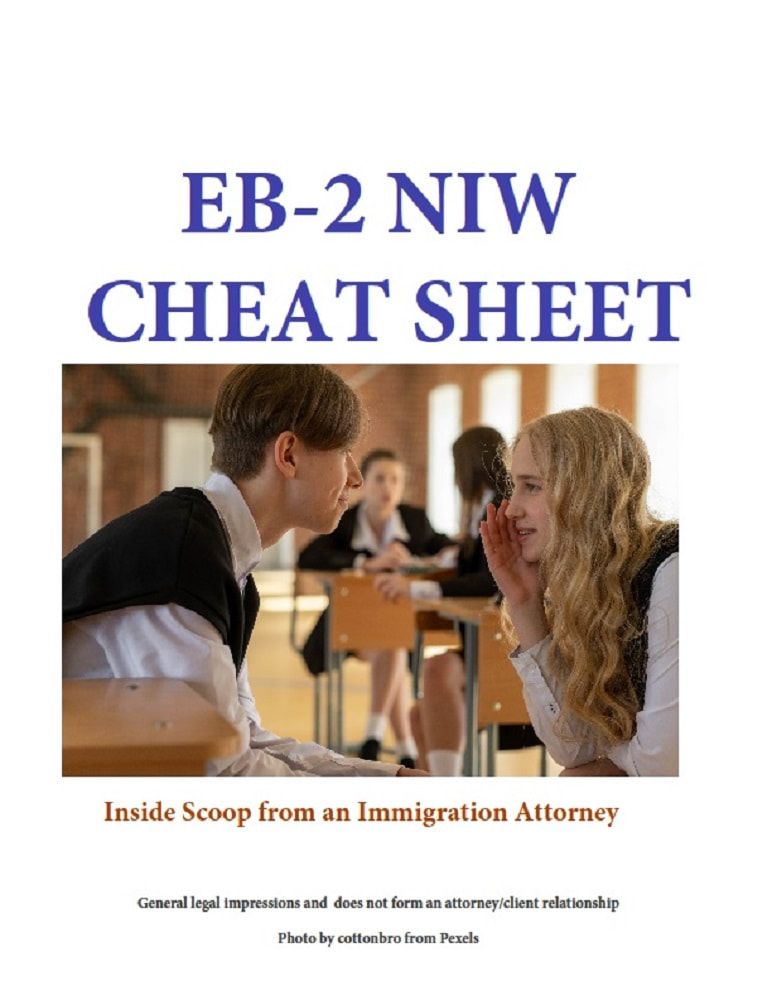 The USCIS issues more than 360,000 F1 visas to scholars who wish to study in the United States. Many foreign nationals need extra funds to sustain themselves while earning a degree at an American university. If you are studying at a U.S. university on an F1 visa, or you plan to, you may be wondering how to make money when you are not in class. Actually, there are several ways that you can earn a living while in you are in America on an F1 visa. You can also find a way to continue working in the United States after you graduate. Types of employment on an F1 visa There is more than one way to work legally in the United States on an F1 visa. Some prefer to find campus jobs, while others prefer to acquire practical training that they can use in their careers. Curricular Practical Training (CPT) F1 students who need an internship or other form of cooperative education to complete their educational program might consider Curricular Practical Training, or CPT. Within this program, students on an F1 visa can gain work experience within their field of study, so long as it is required by their U.S. university. To be eligible for CPT, foreign students must have been enrolled in school full-time for at least one year in the United States on an F1 visa. Additionally, the student needs to have obtained a job offer related to their academic program before they even apply for a curricular practical training authorization. F1 visa students who are choosing to work through Curricular Practical Training can only work with approved companies that are on the Student and Exchange Visitor Information System (SEVIS) and the Form I-20 list. Therefore, students who want to work outside their major, or for a company that is not approved, should choose another option besides CPT. Working on campus Foreign national students who are not interested in an internship, or are too early in their academic program, might want to get a campus job. Foreign students can make some pocket money by working on campus, as long as they meet certain conditions. In order to maintain F1 status while working in a campus job, foreign university students must meet the following criteria:
Optional Practical Training (OPT) After graduating from an American university program, a foreign national may want to extend their F1 visa a little while longer. Optional Practical Training (OPT) is a bit like Curricular Practical Training (CPT), but there are some differences. Unlike CPT, with OPT the F1 visa holder can complete it either before or after graduation. However, like CPT, the F1 student should have been enrolled in the university for at least one year. Although OPT and CPT jobs should be in the foreign national’s field of study, with OPT the job does not need to be with an approved company from a list STEM-OPT Extension F1 visa holders who have been studying science, technology, engineering, or math may want to consider applying for STEM-OPT. This will allow the foreign national student to explore paid training within their STEM field of study for an additional 24 months beyond their Optional Practical Training. The STEM-OPT Extension is available to foreign students who obtained a bachelors, masters, or doctoral degree in a STEM major from an American university that is approved by the Student and Exchange Visitor Program (SVEP). Even if a student is currently working on an OPT in a non-STEM major, they may be able to get a STEM-OPT extension based on a prior STEM degree from an approved U.S. university. Working outside the university Students who are in the United States on an F1 visa may work away from their college campus in limited circumstances. Those who can show the United States Citizenship and Naturalization Service (USCIS) that they have a “severe economic hardship” may be able to have a part-time position off campus. This type of qualifying hardship must be beyond the control of the student. Thus, money pressures like unexpected medical bills, loss of financial aid, or a sudden tuition and housing increase may make a student eligible to work away from campus. To be allowed to work off campus after experiencing sudden, unexpected financial difficulties, the student must also have been studying with this F1 visa status for one year and must be unable to get a job on campus to relieve their financial stress. Working with an international organization Students who are interested in global studies might find it appealing to work for an international organization. This can be an option for some F1 visa scholars. Like many of the other work options, the job should be in the student’s field of study, and the organization must be listed as eligible for F1 visa students. Examples of qualifying international organizations include:
Spouses and children of F1 visa students Foreign national students who are married and/or have children may wish to have more than one income to support their household. Unfortunately, the spouse of an F1 visa holder can arrive in the United States on an F2 visa, but they cannot legally work in the United States. One option for the spouse of an F1 visa holder is to get an F1 visa themselves and explore some of the authorized work options afforded by this visa. |
Photos from shixart1985 (CC BY 2.0), themostinept, Cold, Indrid, Alexandre Dulaunoy, radkuch.13, Phillip Pessar, SchuminWeb, themostinept, EpicTop10.com, wuestenigel, DonkeyHotey, wwarby, hile, PEO, Assembled Chemical Weapons Alternatives, Aidan Jones, oliff11, Michael C. Rael, Unique Randomness, wuestenigel, Jonathan Rolande, wuestenigel, shixart1985, byzantiumbooks



 RSS Feed
RSS Feed




